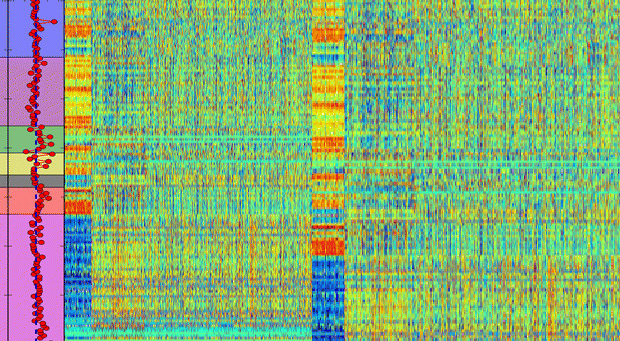
Genome-wide association studies are no longer expected to yield the markers to fully explain the heritable susceptibility observed for many complex diseases. This realization has sparked an interest in clinical epigenetics/epigenomics, and since then the field has grown explosively.
Clinical Epigenetics published a review series earlier this year providing state-of-the-art overviews of various sub-disciplines that have arisen: environmental epigenetics, nutritional epigenetics, transgenerational epigenetics and synthetic epigenetics. Hopes are high that the coming of age of these sub-disciplines will unravel heritability parameters underlying diseases, while the role of lifestyle in causing disease will be better understood. Ultimately, as epigenetic mutations are reversible, innovative epigenetic therapies are expected to prevent/delay disease onset and to provide new tools to combat disease progression.
 This review series is edited by Marianne Rots (University Medical Center Groningen, Netherlands), a prominent name in the field of genome editing. Dr Rots was named “Scientist of the month” by Abcam in January 2015 for her significant contributions to epigenetics research. When asked where she sees the field of epigenetics going, Dr Rots responded:
This review series is edited by Marianne Rots (University Medical Center Groningen, Netherlands), a prominent name in the field of genome editing. Dr Rots was named “Scientist of the month” by Abcam in January 2015 for her significant contributions to epigenetics research. When asked where she sees the field of epigenetics going, Dr Rots responded:
“In the post-genomic era, huge efforts are devoted to epigenome-wide association studies. This will yield new insights in clinical epigenetics research (for example diagnostics) but such studies are merely associative in nature: few studies actually address the functional effects of epigenetic mutations.
“The CRISPR-Cas approach will prove instrumental in validating the involvement of genomic loci in diseases. The approach is currently being repurposed for epigenetic editing, as catalytically inactive Cas proteins can be fused to epigenetic writers and erasers. If we can further optimize CRISPR-Cas epigenetic editing into a robust technology, this will provide a cheap and flexible way to validate functional epigenetic mutations allowing accurate diagnostics and maybe – in the future – open new avenues for therapeutic approaches.”
Epigenome-wide association studies are resulting in increasing lists of disease-associated epigenetic abnormalities. To exploit such mutations beyond their use as biomarkers, innovative epigenetic therapies (including but not limited to epigenetic editing) are expected to be further developed into the preclinical and clinical testing phase.
To collate articles from this exciting area of research, Dr Rots leads the “Innovative epigenetic therapies” section in Clinical Epigenetics. This section publishes research and reviews on the development of epigenetic rewriting agents for the treatment of diseases, which do not belong to the conventional class of chemical epigenetic enzyme inhibitors.
Sam Rose
Latest posts by Sam Rose (see all)
- Raising funds for genetic diseases - 23rd September 2016
- The Epigenetics and Chromatin Clinic - 9th November 2015
- Resurrecting one of the oldest genetics journals - 23rd October 2015
One Comment